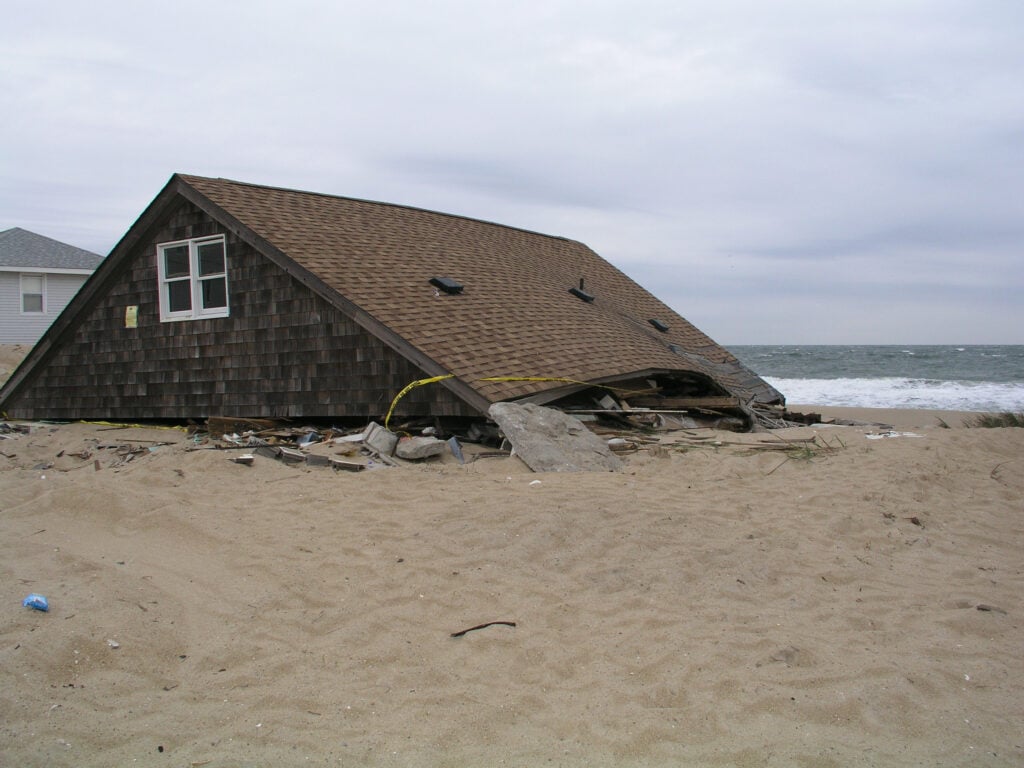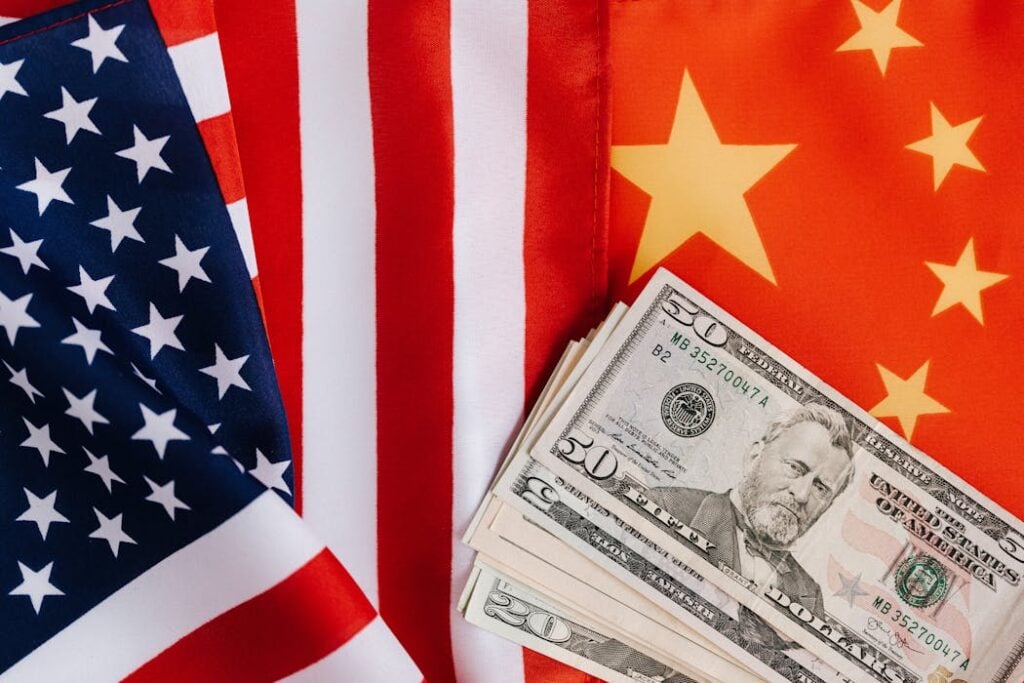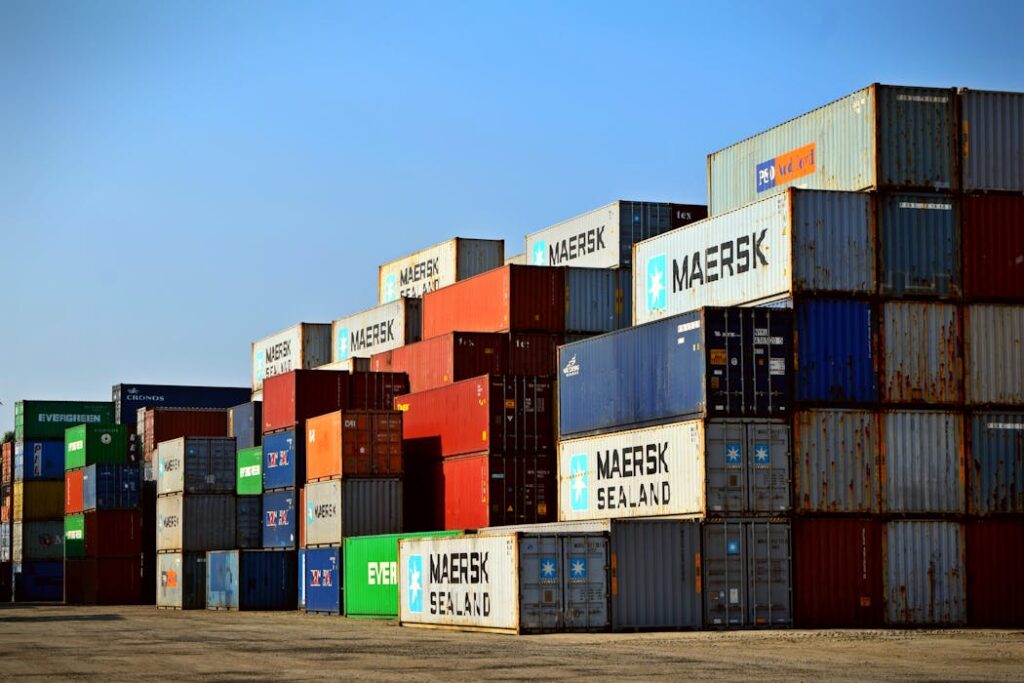From wars to market swings, experts warn new global risks could reshape retirement security.

Even the best-laid retirement plans can be thrown off course by forces far beyond personal control. Global conflicts, economic volatility, and political shifts can alter markets, savings rates, and even the value of currencies overnight. In 2025, economists are warning that a series of interconnected risks could redefine how retirees manage income, healthcare, and long-term investments. Understanding these potential shocks isn’t about panic—it’s about preparation, adaptability, and protecting financial stability in a rapidly changing world.
1. Geopolitical Tensions Are Driving Market Volatility

Conflicts and power struggles among major nations have created unpredictable financial conditions. Escalating wars, trade disputes, and diplomatic standoffs can disrupt supply chains, spike commodity prices, and unsettle investor confidence.
These tensions ripple through global markets, affecting retirement portfolios tied to equities, bonds, and mutual funds. Diversification and defensive positioning can help, but ongoing uncertainty means retirees should expect sharper swings in returns and a higher need for flexibility in investment planning, as reported in the BBC.
2. Inflation Is Eating Away at Retirement Savings

Persistent inflation continues to erode purchasing power, making it harder for fixed-income retirees to keep up with living costs. Prices for essentials—food, energy, and housing—remain elevated even as central banks raise interest rates.
For retirees on limited budgets, this slow squeeze can feel like a stealth tax. Adjusting withdrawal rates, investing in inflation-protected assets, and trimming discretionary spending can help preserve long-term stability as inflation remains a dominant global threat, according to Business Insider.
3. Central Bank Policies Are Creating Financial Whiplash

As governments respond to inflation and debt pressures, interest rate changes are sending shockwaves through global markets. Sudden shifts in monetary policy can alter borrowing costs, mortgage rates, and returns on savings or annuities.
For those nearing or in retirement, the timing of these policy moves can make a big difference. Rising rates may boost savings yields, but they also depress bond values and real estate prices, as mentioned at Forbes. Staying diversified and liquid is more critical than ever in this unstable environment.
4. Climate Disasters Are Disrupting Economies and Insurance

More frequent and costly natural disasters are straining national budgets and insurance systems worldwide. From floods and fires to droughts, these events destroy infrastructure, drive migration, and inflate costs for rebuilding and coverage.
For retirees, this means higher property insurance premiums, shrinking availability of coverage, and potential relocation pressures. Climate-linked costs also influence markets, particularly in energy, agriculture, and real estate sectors—adding another layer of unpredictability to retirement planning.
5. Global Debt Is Approaching a Breaking Point

The world’s total debt—public and private—has reached record highs. Rising interest rates are making it harder for countries and corporations to service what they owe, increasing the risk of defaults or recessions.
This mounting debt burden threatens the stability of currencies and global markets that many retirement portfolios depend on. A sovereign debt crisis or widespread corporate failures could quickly trigger market downturns, reducing the value of 401(k)s and pensions tied to international investments.
6. Technological Disruption Could Reshape Jobs and Investments

Automation, artificial intelligence, and digital currencies are transforming the global economy faster than many systems can adapt. While innovation creates new opportunities, it also threatens traditional industries, pension funds, and employment patterns.
For retirees, technological shocks can change where growth happens and which sectors remain stable. Staying informed and adapting portfolios to emerging industries—like clean tech, AI, or healthcare innovation—can help mitigate the risks that come with rapid technological change.
7. Global Supply Chains Remain Fragile

Although the pandemic is behind us, the supply chain problems it exposed still linger. Transportation bottlenecks, trade restrictions, and geopolitical realignments continue to disrupt manufacturing and distribution worldwide.
These disruptions raise prices and cause product shortages, especially in energy and consumer goods. For retirees, that translates to higher costs for essentials and potential inflationary pressures that undercut fixed-income stability. Global supply resilience remains a key factor in economic predictability—and right now, it’s still uncertain.
8. Currency Fluctuations Could Impact Overseas Assets

Currency markets have become increasingly unstable as nations battle inflation and debt. A weakening or strengthening dollar can dramatically affect retirees with international investments, pensions, or travel plans.
Sharp swings in exchange rates can reduce returns from foreign assets or make overseas living more expensive. Those who depend on global exposure must keep an eye on currency trends, considering hedged funds or diversification to cushion the impact of foreign exchange volatility.
9. Healthcare Costs Are Rising Worldwide

Aging populations and medical inflation are pushing healthcare expenses higher across developed and emerging nations alike. Even with insurance, out-of-pocket costs for drugs, long-term care, and treatments continue to climb.
These increases can quickly overwhelm fixed retirement budgets. Retirees may need to allocate a larger share of savings toward healthcare or explore supplemental insurance. Global shortages of medical workers and supply issues are adding strain, making healthcare one of the most unpredictable retirement expenses of all.
10. Political Instability Could Undermine Economic Confidence

Elections, leadership crises, and populist movements are creating instability in many regions. Political uncertainty often triggers financial anxiety, reduces investment, and can weaken social safety systems that retirees rely on.
From tax reforms to pension overhauls, policy shifts can happen suddenly. Retirees who monitor political and economic trends are better prepared to adjust before major changes take effect. Awareness and adaptability remain the best tools for navigating an era where political volatility directly influences personal financial futures.
